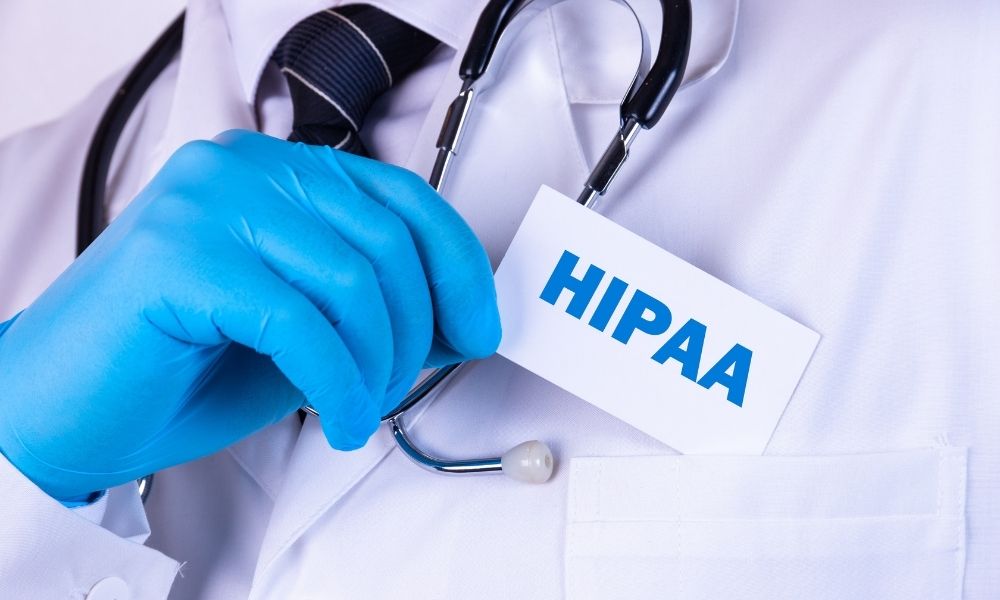HIPAA compliance is essential for healthcare professionals. The law gives patients more control over their privacy, and also helps keep their data safe. It is essential to make sure any new system you use is in compliance with HIPAA’s regulations. Technology advances at a rapid rate.

HIPAA compliance can be a tangled process particularly for organizations who are trying to wrap their heads around what HIPAA is and how it affects the business. HIPAA compliance is mandatory for health providers as well as those working in the insurance business. It is crucial to go over the rules thoroughly and ensure all procedures are in place to stay in compliance. Although it can seem difficult but compliance with the law is essential. It will ensure better service and protection of data privacy , with penalties not being incurred. Companies should understand HIPAA and take the appropriate steps to ensure they comply with its rules.
HIPAA rules can be quite strict. But, proper security and privacy measures are designed to guard the most precious of all belongings: information. As the healthcare industry is increasingly moving towards digital mediums like Electronic Medical Records (EMR), greater protections have been needed to avoid any unnecessary or unauthorized divulging of patient’s private information. While guidelines have been set and are in place, it is imperative to ensure that all individuals follow these guidelines. HIPAA is vigilant in this to ensure privacy and safety.
HIPAA offers a substantial security to medical professionals working in fields and the patients whose records are stored. Both covered entities (CEs), and business associates have the option to choose whether an addressable implementation specification should be used. The choice is affected by a variety of factors, including the risk analysis and mitigation strategy, the current security measures, and the cost of implementation. CEs and BAs are able to consider alternatives or to skip the specific step should they consider it not appropriate given their particular circumstances. HIPAA will help them make informed decisions about data protection and security. This includes establishing the right balance between technical and user control over sensitive information.
Many companies are able to reap the benefits of HIPAA compliance. By adhering to the regulations set forth in the Health Insurance Portability and Accountability Act (HIPAA), organizations can secure the health information of their clients, customers, or patients, making certain that it remains confidential and secure. Compliance can also guarantee that patients are using their medical information only for their benefit and the benefit of their healthcare providers. HIPAA compliance allows individuals to make informed decisions about how their personal health data is used and managed and gives them peace of mind that other organizations aren’t able to access or manipulate the information without their permission. HIPAA compliance can help organizations reduce risks to their reputations in order to prevent legal or financial consequences resulting from improper handling of patient information. Ultimately, following HIPAA standards ensures the best possible patient experience, as well as more secure medical records.
In conclusion they are just a handful of factors to take into consideration in the context of HIPAA compliance. To ensure that you are in compliance you must know the basics of the law. Additionally, you should consult experts who can help you to interpret the law and set up the procedures and systems. Achieving full compliance can seem intimidating, but it’s crucial to safeguard your patient’s rights and maintaining the privacy of their medical records.
For more information, click hipaa requirements include